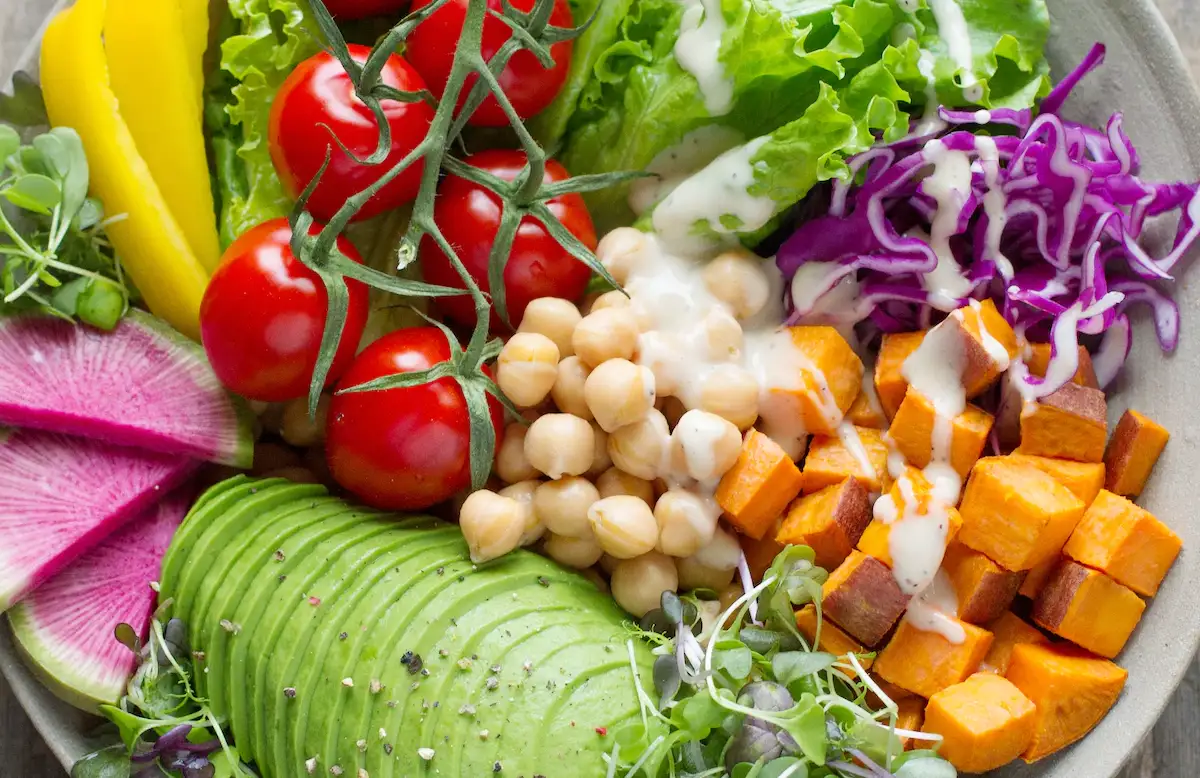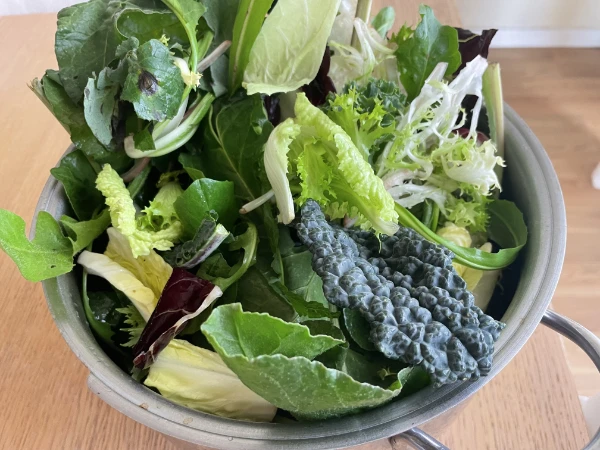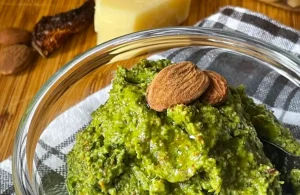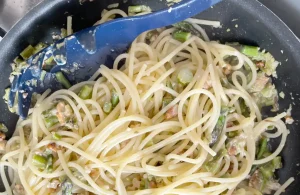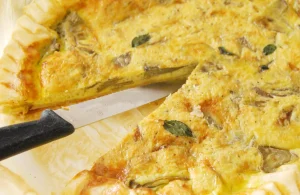It is very common nowadays to hear about the Mediterranean diet pretty much everywhere. But what is this Mediterranean diet really like?
Basically the Mediterranean diet refers to a diet that is rich in vegetables, fruits, nuts, seeds and legumes. Consumption of animal protein is sparse and in small portions.
This diet is highly praised all over the world but it is actually no longer the staple diet in many mediterranean countries. Younger generations tend to eat more fast food, or pre-cooked and industrial food. Anyway there are still many people that are strongly tied to this ancestral diet.
Mediterranean diet: what to eat
This diet is really easy to adopt, the basics are simple to learn and the food you may consume is easy to cook and prep. Even for those who are out all day or have a very busy life, it’s absolutely doable.
Vegetables, fruits and legumes should be the foundation of your diet. Then you can add a few meals a week that contains high quality animal products such as fish, pasture raised meat, eggs and dairy from pastured raised animals.
Nuts and seeds are also a good addition to this diet. They are very useful to our brain, our hearts and our overall health.
The vegetables you eat should be as varied as possible. In Italy we have a mix of leafy green that is called “misticanza”, meaning literally “a mix”. When buying it from farmers markets, there is no such thing in supermarkets, you are buying a mix of wild leafy greens and greens like spinach, kale, salads.
This mix is really easy to cook and is suitable for baked pasta recipes, stir-fries, pizza filling and so on. Usually the mix is made of seasonal vegetables and you can only find it in farmers market because they tend to mix together what is left from other veggies after tiding the fixed-weight bundles they sell.
When you choose what to eat, you should always buy seasonal produce, when in season fruits and vegetables are usually more tasty and nutritious.
Legumes are a vital source of protein and fibers and when consumed in addition to carbs like pasta or bread they create a meal that contains the perfect high quality amino-acids profile. You can make stews, soups, stir-fries and a lot of yummy dishes using legumes!
Consume animal protein in moderation, possibly not everyday. The most important thing to know is the quality of the meat/fish/dairy you are about to eat. I mainly eat pork raised free in the woods and chickens there are free to roam under olive trees. Milk and dairy products should also come from sustainable sources, not from animals that are kept in a stable tied and forced to eat foods that can also be GMOs. I mainly drink fermented milk, and cheeses also can be considered as fermented foods. Cheese from goats and sheeps are better.
Mediterranean diet: weekly prep and how to cook
If you are a busy person, you can enjoy the Mediterranean diet easily. The key is prepping, and batch cooking. Especially when it comes to legumes it is better to use dried beans and pulses. Soak them for at least 12 to 24h (some even more) and then cook them in a pressure cooker.
The soaking starts a fermentation and germination process that helps cook the beans faster and reduces the undigestible compounds that are usually the culprit for bloat and gas problems. If you want to go a step further, you can soak the beans for 24h then drain and put on to a strainer covered with a damp cloth for another 12h. This will start the germination process and you will be able to see small sprouts coming out the beans. This process boosts the nutritional values of the beans and make them even more digestible.
Cook legumes in batches, and keep it in the freezer or in the fridge for the week ahead. You will only need to toss them into salads, soups or as is with a bit of olive oil for a quick meal.
TIP! Cook your beans with a piece of kombu kelp or a teaspoon of turmeric to further reduce side effects.
Same goes for vegetables, you can blanch your vegetables ahead of time and keep them ready in the fridge.
If you like pasta you can also prepare a wonderful tomato sauce in large batch, make small jars or put it into ziplock bags flat in the freezer. This will allow the sauce to thaw out in the pan in 5 minutes.
Mediterranean diet: snacks
Fruits, nuts and seeds are the perfect snack. You can make home made yogurt and mix in dried fruits and nuts. Add some honey for a touch of sweetness. Eating nuts and home made trail mix is a great energy booster too.
Tip! Almonds contains a lot of magnesium and are really useful to prevent PMS symptoms and also migraines.
In conclusion..
If you want to follow a Mediterranean diet start by reducing your meat intake less than 4 times a week. You can swap red meat for legumes. Furthermore you can add more variety to your diet and reduce the intake of industrial and packaged food.
Start to use your slow cooker instead of the microwave! Slow cookers keep more nutritional value of the food you eat. Moreover you can enjoy a hot meal when coming back from the office :).

